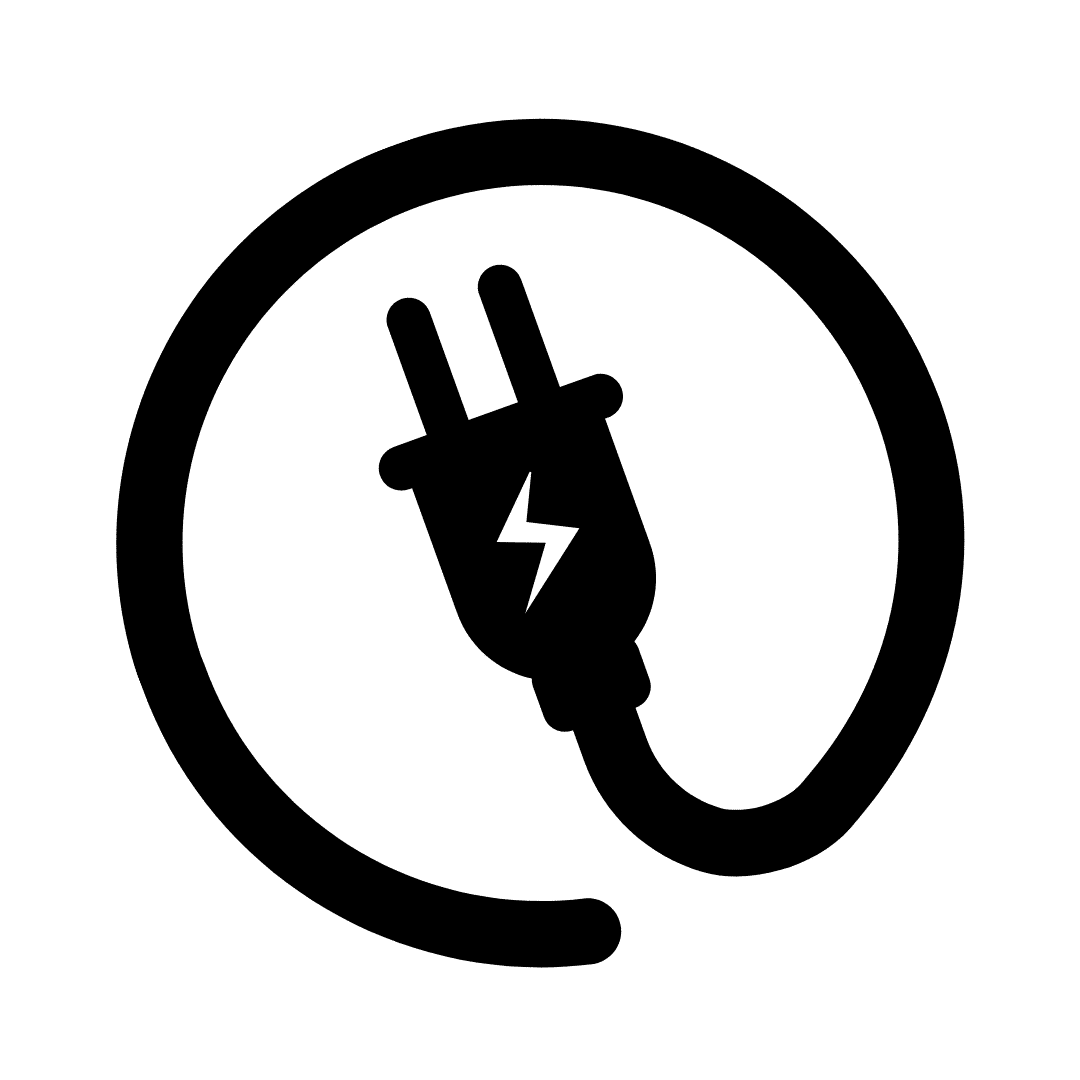Space Heating and Cooling: Maximizing Efficiency for Nevada Homes
In Nevada, where temperatures range from scorching summers to chilly winters, heating and cooling systems are crucial for maintaining comfort. These systems include air conditioners, furnaces, heat pumps, and other equipment designed to warm or cool indoor spaces.
Heating and cooling your home can account for more than half of your total energy use, and Nevada families pay some of the highest energy bills, ranking tenth nationwide.
By upgrading to energy-efficient HVAC systems, such as heat pumps and high-efficiency air conditioners, you can significantly lower your energy bills while improving comfort year-round.
Fortunately, the federal Inflation Reduction Act provides tax credits to help Nevada residents support these upgrades.
- The Energy Efficient Home Improvement Credit provides a 30% tax credit for heat pumps, heat pump water heaters, and Energy Star-rated central air conditioners.
- The Residential Clean Energy Tax Credit covers 30% of the project cost for geothermal heat pumps.
Through its PowerShift program, NV Energy customers may also take advantage of rebates for qualifying heat pump water heaters, residential air conditioners, and heat pumps. These rebates can lower the upfront expenses for these systems.
Additionally, NV Energy’s FlexResponse program offers ways to save on electric bills with automatic adjustments to your HVAC runtime and temperature settings using a company-installed Smart Thermostat during hours of high demand.

